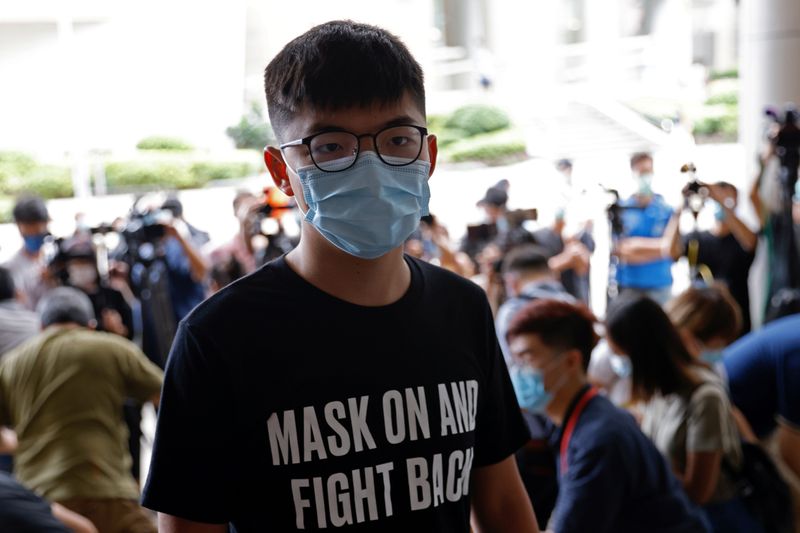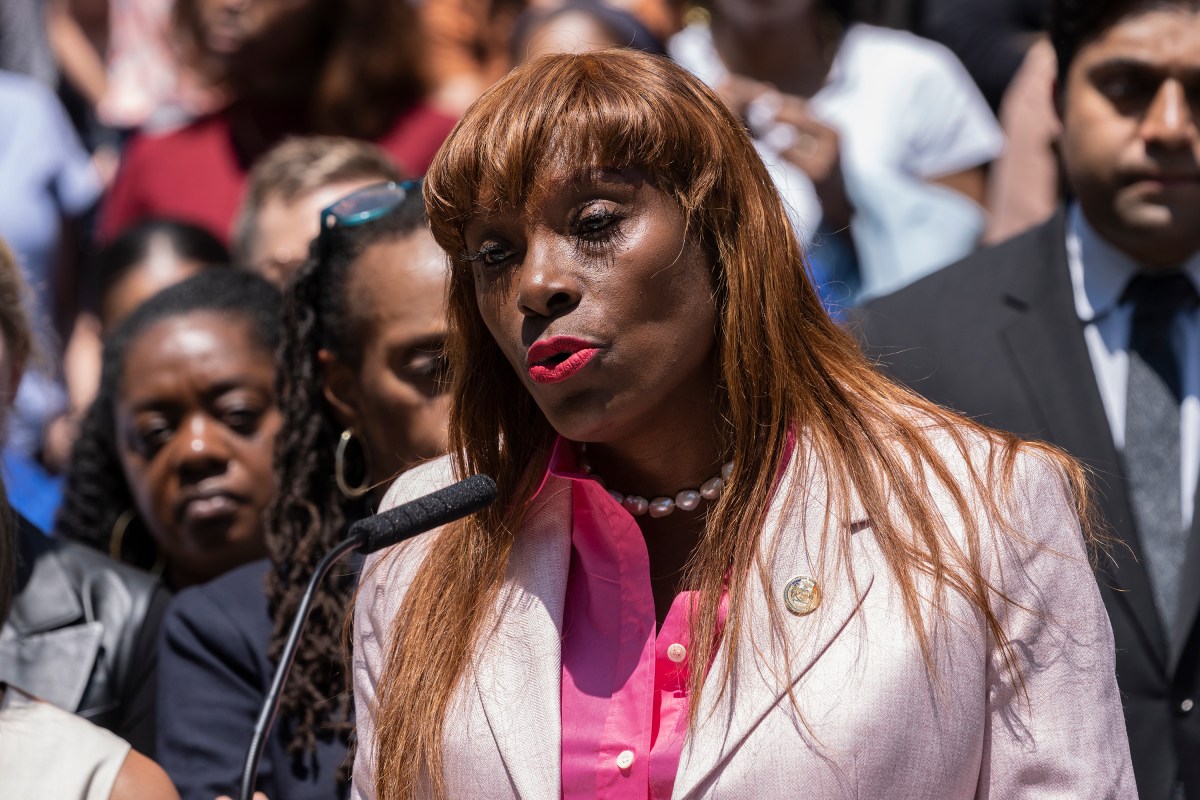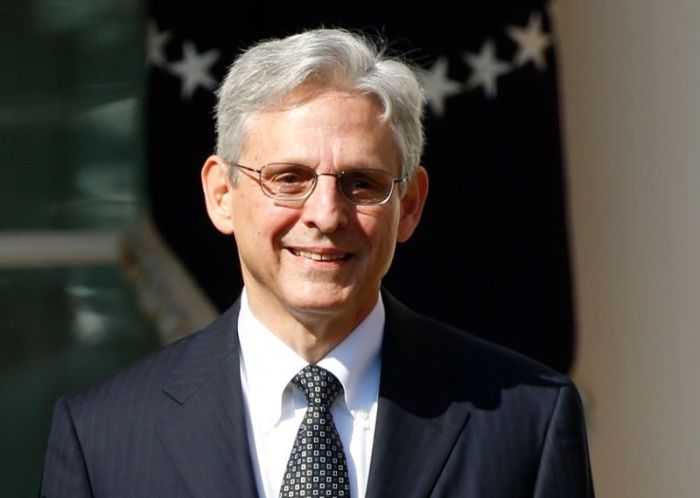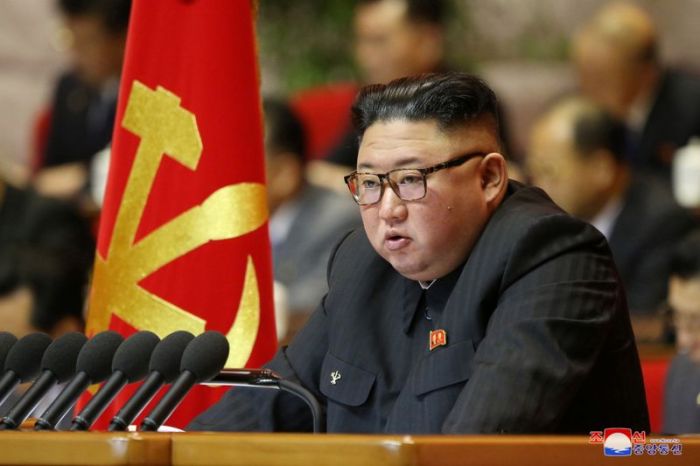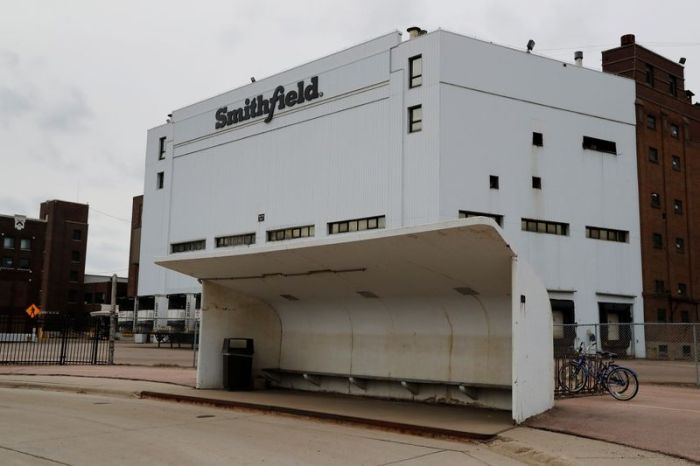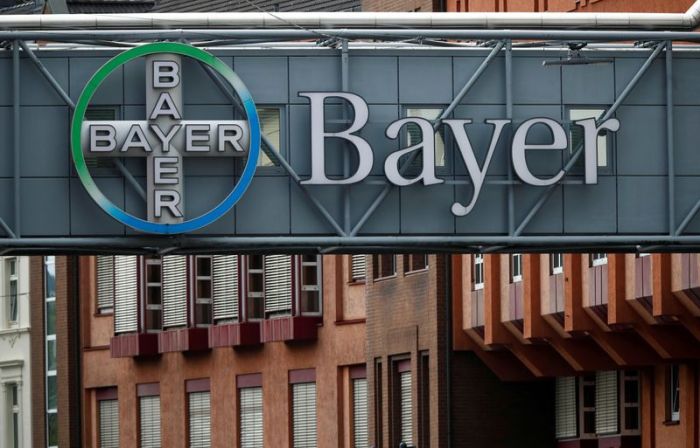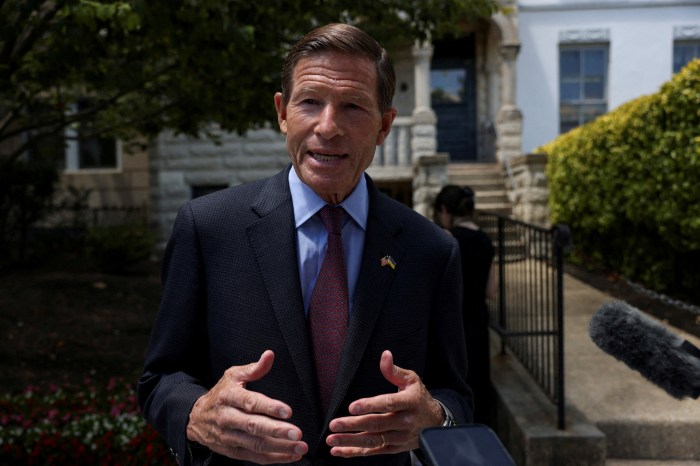HONG KONG (Reuters) – Joshua Wong, one of Hong Kong’s most prominent democracy activists who is serving a 13-1/2-month jail sentence for illegal assembly, is suspected of violating the city’s national security law, according to a notice on his Facebook account.
Wong, 24, gave a police statement on Thursday, the post said, without elaborating.
Police arrested 53 people in dawn raids on democracy activists on Wednesday in the biggest crackdown since China last year imposed a security law that opponents say is aimed at quashing dissent in the former British colony.
The arrests were related to an unofficial vote to pick opposition candidates for an election last year, which authorities said was part of a “subversive” plan to “overthrow” the government.
Democratic politicians held an unprecedented, independently organised and non-binding primary in July in which more than 600,000 people voted to pick who should run for a seat in the Legislative Council.
Wong, who won the primary vote, has been repeatedly detained for his role in organising pro-democracy rallies. He was also among 12 opposition candidates disqualified from running in the legislative election, which has since been postponed with the government citing the coronavirus.
Of Wednesday’s arrests, authorities cited the opposition’s campaign to win a majority in the legislative election with the view to pressure the government to enact democratic reforms by blocking its proposals in the city’s assembly.
The 53 have not yet been charged.
American lawyer John Clancey, chairman of the Asian Human Rights Commission, and Hong Kong district councillors Lawrence Lau, Fergus Leung and Kalvin Ho were among the first to leave police stations on Thursday following the arrests. Most others are expected to be allowed to leave later in the day or on Friday.
“I believe many Hong Kongers who support democracy and freedom will continue to persist with their ideals,” Ho told reporters outside a police station.
“The Basic Law ensures every Hong Konger’s right to run in elections,” he said, referring to the city’s mini-constitution. “Evil cannot prevail over good.”
Former Democratic Party Chairman Wu Chi-wai will remain in detention after police during the raid discovered a travel document he was supposed to hand over following a previous arrest.
The arrests have raised alarm that Hong Kong has taken a swift authoritarian turn following the imposition of the new law, which targets what China broadly defines as secession, subversion, terrorism or collusion with foreign forces.
U.S. Secretary of State Mike Pompeo said the United States was considering sanctions and other restrictions on those involved in the arrests.
In response, China said the United States will pay a “heavy price” for its wrongdoing.
The Hong Kong government said in a statement it will not be intimidated by threats of sanctions and defended the arrests and the national security law.
“There is a clear line between political pluralism and attempts to seriously undermine the performance of government duties and functions. Such a vicious plot would not be tolerated in any country,” the statement said.
Critics say the security law crushes wide-ranging freedoms unavailable elsewhere in China which were promised on the territory’s return to Chinese rule in 1997 under a “one country, two systems” formula.
Supporters say it has restored order following months of often violent anti-government and anti-China protests in 2019.
Since its imposition, leading activists such as media tycoon Jimmy Lai have been arrested, some democratic lawmakers have been disqualified, activists have fled into exile and protest slogans and songs have been declared illegal.
(Reporting by Jessie Pang and Clare Jim; Writing by Farah Master and Marius Zaharia; Editing by Alex Richardson and Nick Macfie)

